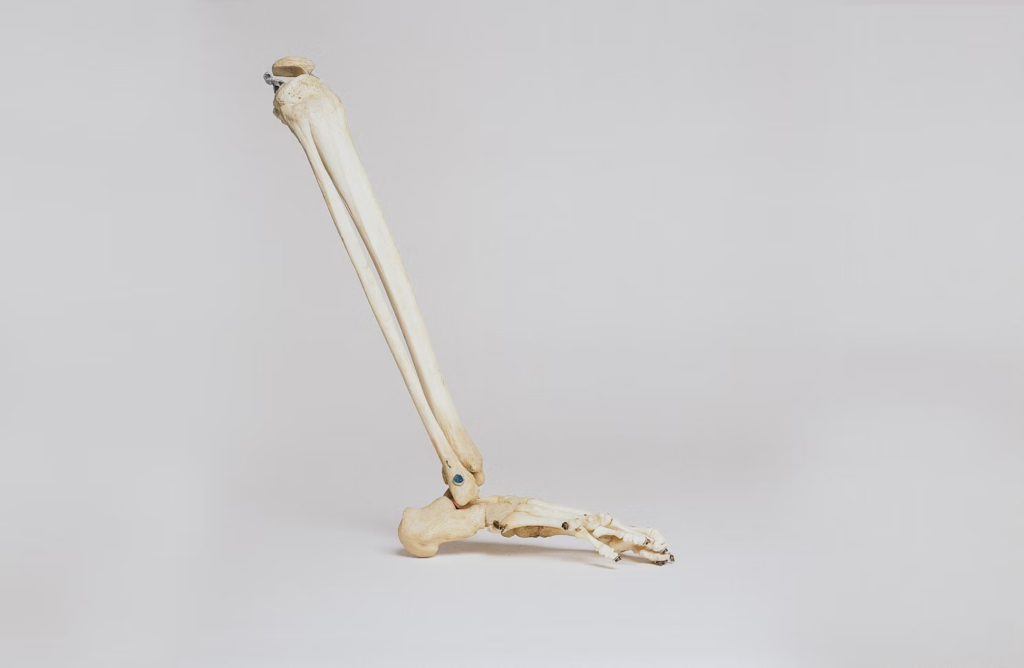Osteoporosis is a condition characterized by weakened bones that are more susceptible to fractures. It affects millions of people worldwide, particularly women and older adults.
While osteoporosis can be a serious condition, there are steps you can take to manage it effectively and reduce your risk of fractures.
This comprehensive guide will explore the risk factors, symptoms, and treatment options for osteoporosis, along with providing practical tips for maintaining bone health and preventing fractures.
Understanding Osteoporosis
Osteoporosis occurs when the body loses bone mass faster than it can be replaced. This results in a decrease in bone density, making the bones weaker and more prone to breaking. Osteoporosis often develops gradually and without noticeable symptoms until a fracture occurs.
Risk Factors for Osteoporosis
Several factors can increase your risk of developing osteoporosis.
- Age:The risk of osteoporosis increases with age, especially after menopause in women.
- Gender:Women are more likely to develop osteoporosis than men are.
- Family History:A family history of osteoporosis increases your risk.
- Low Body Weight:Thin or small-framed individuals have less bone mass to begin with.
- Certain Medications:Some medications, e.g., corticosteroids and certain anticonvulsants, can increase the risk of osteoporosis.
- Medical Conditions:Certain medical conditions, like rheumatoid arthritis, celiac disease, and hormonal disorders, can contribute to bone loss.
- Lifestyle Factors:Smoking, excessive alcohol consumption, and a sedentary lifestyle can negatively impact bone health.
Symptoms of Osteoporosis
Osteoporosis is often called the “silent disease” because it typically doesn’t cause noticeable symptoms until a fracture occurs. However, these subtle signs may indicate weakened bones:
- Loss of Height:A gradual loss of height over time can be a sign of vertebral fractures, which are common in osteoporosis.
- Back Pain:Back pain, especially in the lower back, can be caused by vertebral fractures.
- Stooped Posture:A stooped or hunched posture can develop due to weakened vertebrae.
- Fractures:Fractures, especially in the hip, spine, or wrist, can occur with minimal trauma in people with osteoporosis.
Treatment Options for Osteoporosis

If you’ve been diagnosed with osteoporosis, several treatment options are available to help manage the condition and reduce your risk of fractures.
- Medications:Several medications can help slow down bone loss, increase bone density, and reduce fracture risk. These include bisphosphonates, denosumab, and hormone therapy.
- Calcium and Vitamin D Supplements:Adequate calcium and vitamin D intake are essential for bone health. Your doctor may recommend supplements if your dietary intake is insufficient.
- Exercise:Weight-bearing and muscle-strengthening exercises can help build bone mass and improve balance, reducing the risk of falls and fractures.
- Fall Prevention:Taking steps to prevent falls, such as removing tripping hazards in your home and using assistive devices if needed, can help protect your bones.
Bone Health Tips for Preventing Fractures
Even if you haven’t been diagnosed with osteoporosis, there are several things you can do to maintain strong bones and reduce your risk of fractures.
- Avoid Smoking and Limit Alcohol:Smoking and excessive alcohol consumption can weaken bones and increase fracture risk.
- Maintain a Healthy Weight:Being underweight can increase your risk of osteoporosis.
- Get Regular Bone Density Tests:Talk to your doctor about when to start getting bone density tests to monitor your bone health.
Building Stronger Bones for a Healthier Future
Living with osteoporosis can be challenging, but it doesn’t have to define your life. By taking proactive steps to protect your bone health, you can reduce your risk of fractures and maintain an active lifestyle.
Houston Physicians’ Hospital’s doctors offer a comprehensive approach to osteoporosis management. Our team is committed to helping you build stronger bones and live a healthier life.
Find a doctor who’s right for you.
Our physicians also specialize in back surgery, knee surgery, physical therapy, neck pain treatment, hip replacement, and Tremors Treatment in Clear Lake.


